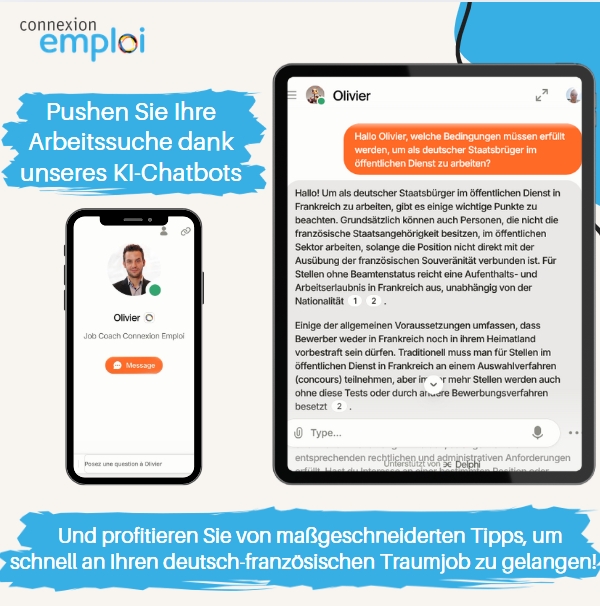Recruitment in France and Germany: 7 best practices to avoid losing candidates along the way

When a recruitment process is slow, either the need is not real enough to create a sense of urgency, or it is not well defined. Here is an update on how to speed up the process. When recruiting from a distance on the German or French job market, the first step to saving time is spending time, even in a very tight market that requires the utmost reactivity. It takes time to define your needs. If this is not done at the outset, the recruitment process will be slow. And when that's the case, your candidates will seize other opportunities.
2. Train or acquire recruitment talent in France or Germany
3. Do not neglect any recruitment channels in either country
4. Use a recruitment intermediary to find rare profiles
5. Boost the process with events
6. Wrap up the recruitment process with speed and efficiency
7. Involve and support the operational staff

It is important to have a clear idea of the required future employee's profile with regard to the mission to be entrusted to them. From this and the broader context, the compensation should derive. The need must be defined with the operational staff, who won't always easily come forth with the team's actual needs. Jérôme Lecot, French-German recruitment expert & CEO of Eurojob-Consulting, says:
"This upstream definition does not prevent adjustments being made along the way."
More on calculating the right compensation:
- Sales salaries in France and Germany
- Paying IT specialists in France & Germany: What's the right salary?
Recruiting is a profession. Whether they are internal or external (recruitment intermediaries), you need to acquire recruitment skills or hire someone who has them. You can organize workshops to train your HR staff to the current trends of the market (this is part of the "taking the time part" we mentioned).
Perhaps your company has a recruiter in your subsidiary in France or in Germany, or a manager on whom you can rely?
Career sites, job boards, referrals, real life & virtual social networks, recruitment agencies, spontaneous applications: all these channels are very different in France and in Germany. They are all useful, but the right recruitment channel varies depending on the position to be filled. Jérôme adds:
"For example, it is better to use real life and phone contact for senior executives and to turn to job boards for more common positions."
There may even be CVs that are already in your candidate pool and deserve your attention. If the CV is interesting but a bit dated, look up the name to see what they have been up to.
Finding rare, highly technical or expert profiles is a matter for recruitment professionals (firms or independent consultants). That should be specialized for the respective country you are searching in.

This advice applies first and foremost to young graduates and beginners. "Doors open" days, competitions, presence at student forums: these approaches can be the beginning of a connection between you and the candidates, which, aside from potentially filling your current vacancy, will accelerate future recruitments.
For example, the IT sector has already tested and approved the attractivity of hackathons for employers and candidates alike.
Recruiting requires common sense and organization. "When you are interested in a candidate, contact them quickly so as to meet them within a maximum of 7 work days." According to Jérôme, this maximum is already set for the case of mass recruitments where it is neither possible to contact all the candidates within 24 hours, nor to meet them within the week. He insists:
"But even if you can’t be quicker than that, you ought to communicate your interest in their application as soon as possible!"
The work with the operational staff in need of a new member does not stop at defining the problem. You then have to relieve them of the organizational part: allocate advertisements, make sure that the action plans are followed up, check that the applications are answered. In short, make sure they are actively involved and aware of their relation to the problem, but not drowned in administrative tasks. As Jerome points out:
"What wastes time is often the lack of involvement of the operational staff."
If you want your team to push forward, eliminate redundancies and unnecessary steps like endless CV-checking. Insist on the urgency to come to a quick decision. Many people still believe the labor market is positioned to the companies' advantage, but the contrary is the case.
A consultant can help you choose, but not choose for you. The worst case scenario is finding the right candidates thanks to the right investments, only to lose them by lack of responsiveness.



 Fr
Fr De
De En
En










